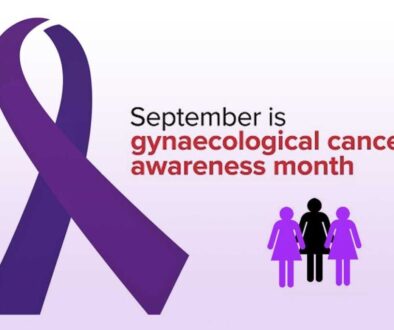What is BRCA HRD?
The BRCA gene is not an unheard mutation in the cancer world. We may have heard about it often, but do we really known “why is the gene so critical” and it becomes “crucial” when someone has a mutated BRCA or HRD?
READ ON to know more…
The BRCA is a breast cancer gene that encodes for respective proteins BRCA 1 and BRCA 2. The protein is well documented for its role in maintenance of genomic integrity by the process of DNA repair by homologous recombination (HR).
Often referred to as “care takers of the genomic stability”, ever wondered what happens when the care taker itself is harmed or attacked i.e, the BRCA genes get mutated ?
In an ideal scenario, the BRCA1 and BRCA2 gene encodes for a protein that serves as a tumor suppressor. Therefore, besides the BRCA genes being involved in cellular functions, it is known to regulate cell growth and development. Being a tumor suppressor gene, during abnormal conditions when the cell undergoes DNA damage or incurs a mutation in the BRCA gene, the mutation leads to uncontrolled cell growth which is considered as an early step to cancer or tumor development. Now, in an ideal scenario the BRCA gene is responsible for DNA repair using the HR mechanism comes into play. Therefore, in the absence of a mutation, the BRCA gene will repair the DNA damage (caused by the mutation). However, in the mutated or faulty BRCA gene, the function of the gene is lost and the cell does not undergo repair mechanism.
Homologous recombination deficiency (HRD) is the inability of the damaged DNA to repair itself using the repair mechanisms. It is disturbing and unfortunate ton know how the list of inherited mutations associated with ovarian cancer continues to grow suggesting that 1 in 4 cases will have a germline mutation of which most will be HRD. HRD eventually leads to the loss of heterozygosity, which is also considered to be an identifying signature for the patients.
Clinical studies from the past has clearly outlined that BRCA1/2 mutations mainly contribute to breast and ovarian cancer development. As per studies, it has been found that the carriers of BRCA1/2 mutations are at an increased susceptibility of developing breast cancer, clearly outlining the critical role of these proteins. Now knowing this, how about if we were able to know well in advance is someone is a carrier for the BRCA 1/2 mutation? That would indeed assist in outlining the susceptibility of the individual towards cancer development. Also, it shall serve as an initial step for personalised and targeted therapy for the patients suggesting effective treatment management.
Myriad genetics provides mychoice Cdx, the most comprehensive US FDA approved tumor HRD testing for selecting ovarian cancer patients who may benefit from PARP inhibitor therapy. It uses two individuals tests to measure the HRD, one is to carry out the comprehensive BRCA1 and BRCA2 somatic mutations and second is to measure the genomic effect of HRD by estimating Genomic instability using three biomarkers such as Loss of heterozgyosity, telomeric allelic imbalance and large scale state transitions.
References:
- https://www.ncbi.nlm.nih.gov/pmc/articles/PMC5961503/
- https://www.clinicalomics.com/topics/molecular-dx-topic/fda-approves-myriads-mychoice-cdx-for-zejulas-new-indication/
- https://myriad.com/products-services/precision-medicine/mychoice-cdx/




